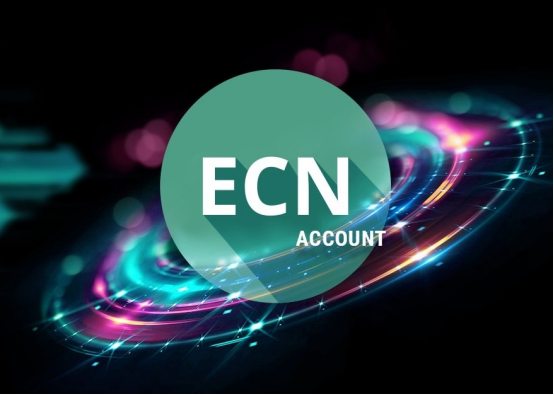
When it comes to Forex trading, one of the most basic considerations is which broker to select. Of course, the answer may vary according on your circumstances, but let's have a look at the fundamental differences between an ECN and a normal account. The acronym ECN stands for Electronic Communication Network, which essentially means that computers are linked together. It's a wide phrase, yet it might be beneficial when it comes to Forex trading.
The system
The fundamental benefit of employing an ECN is that it provides liquidity through a network. In other words, there are a variety of bids and offers available for trade, which means the gap between ask and bid might be fairly narrow. Spreads as tight as breakeven, for example, are possible. You can purchase or sell at the same price, but there will almost always be a commission.
It is because of this that you must pay attention to commissions, since they may be rather costly if you aren't careful. In most cases, the commission is equal to one-half of a PIP. If you are a short-term trader with several in and out positions, this is ultimately less expensive. You may believe that a longer-term trader can benefit from this as well, and although that is true to some extent, the fact is that it isn't as beneficial to a longer-term trader as it is to a short-term trader. This is due to the fact that a longer-term trader does not have to be concerned about transaction costs as much.
Another thing to keep in mind is that liquidity might run out at any time. For example, if the Nonfarm Payroll Numbers are scheduled to be released, many traders will opt out of the market. In the EUR/USD pair, a regular network spread may be 0.2 pips, but around the time of the announcement, it might be closer to 15 pips. If you're not cautious, this can have a significant impact on your profitability.
However, as a general rule, the network will maintain pretty narrow spreads the majority of the time, especially if it is a larger network with more traders. In the end, a successful trader can use either an ECN or a traditional broker to make money.
Account type: standard
A standard account is one with a set spread as a general rule. Any position you enter has a counterparty, which is the broker. It isn't always the case, but it is the majority of the time. While a spread of two pips on the EUR/USD pair is usually more expensive than an ECN, it may save you a lot of headache when it comes to news events.
The disadvantage is that if you are a frequent trader, you may end up paying an additional 1.5 pips every trade. People are unconcerned with the expense of execution, which can be fatal in the long run if not avoided. However, if you're just going to be in a position for a few days or weeks, neither option will make much of a difference because you're not going to be spending a lot of money.
Pay close attention to the prices.
Determine the broker you require based on your budget. The only thing you need to worry about at the end of the day is whether or if the broker can provide you with a solid and trustworthy fill, as well as whether or not it is fair. Over the last 10 or 15 years, forex brokers have improved significantly and are now lot more respectable. The days of the wild west are long gone, and most traders will find that they can profit using either an ECN or a normal account.
If you're concerned about the sort of broker you use, the only time it matters is if you're a scalper. Otherwise, any problems you have should not be attributed on the broker.

Leave a Reply